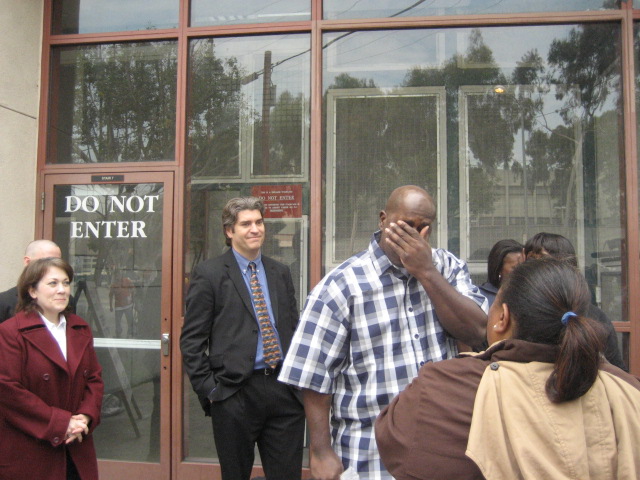ACQUITTING THE WRONGFULLY CONVICTED – THE INNOCENCE PROJECT
Author – RAVANI UKTI NAYUDU,Student at Dr. M.G.R. Educational and Research Institute, Chennai.
Best Citation – RAVANI UKTI NAYUDU, ACQUITTING THE WRONGFULLY CONVICTED – THE INNOCENCE PROJECT, ILE JOURNAL OF GOVERNANCE AND POLICY REVIEW, 1 (1) of 2023, Pg. 15-20, ISBN – 978-81-961791-0-6.
ABSTRACT
As quoted by Justice V. Ramkumar in the case of Hamsa Koya v/s State (2015(2) KHC 206), A miscarriage of justice may arise from the acquittal of the guilty no less than from the conviction of the innocent.
A miscarriage of justice is defined[1] as an unjust, unfair, or improper outcome in a judicial proceeding. The term miscarriage of justice is frequently used to describe a judicial error that results in the conviction of an innocent person for a crime they did not commit. The term is most commonly used to refer to wrongful convictions.
Wrongful convictions are viewed as a grave error made by law enforcement and criminal justice systems all over the world. The major drawback that continues to fuel such occurrences is the lack of provisions for proving the innocence of those wrongfully accused. Independent efforts have been made in recent years to support such people to prove their innocence. The Innocence Project is one such organisation that is progressively gaining recognition for its commendable initiatives by providing assistance through DNA exonerations.
The Innocence Project is developing mechanisms to exonerate wrongfully convicted individuals through progressing scientific research, with their main methodology being the use of DNA technology. DNA-based technology can be used to assist criminal investigations, allowing the identity of a criminal offender to be determined by matching DNA found at the crime scene with the individual’s DNA. Each person has a unique DNA sequence, and variations in this sequence can be utilised to identify and match individuals. As a result, DNA technology enables the precise determination of an individual’s identity.
The paper discusses the development of the Innocence Project and their global effect, their accomplishments, and whether India can integrate the organisation into its criminal justice system.
Keywords: miscarriage of justice, DNA technology, criminal justice system, wrongful conviction, independent organisation
[1] Derived from Wex, LII’s community-built, freely available legal dictionary and legal encyclopedia
